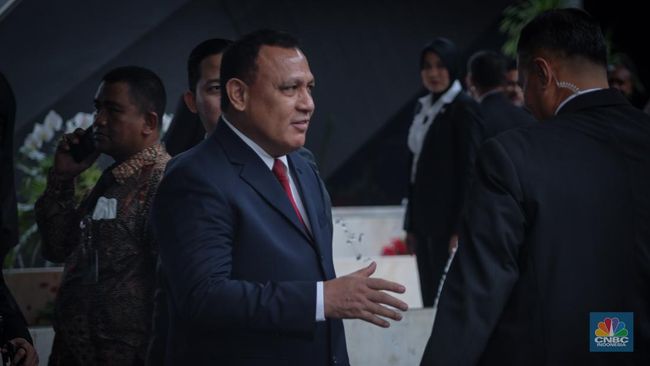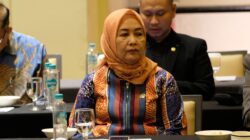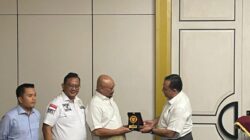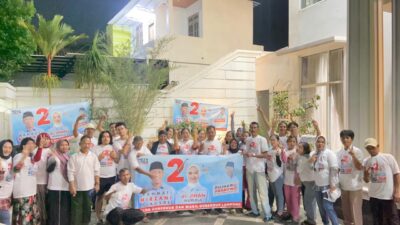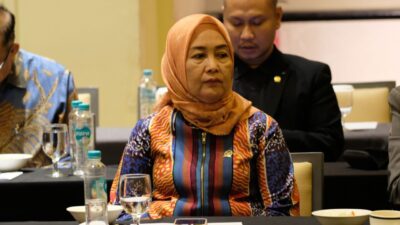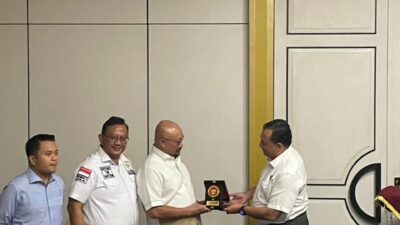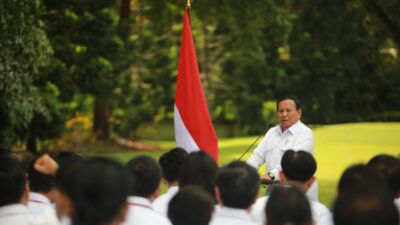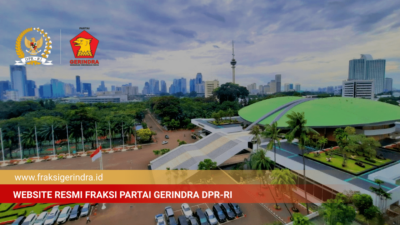The Corruption Eradication Commission (KPK) in Indonesia has named Bos KPK Firli Bahuri as a suspect in a case of extortion involving former Agriculture Minister, Syahrul Yasin Limpo (SYL).
Firli Bahuri, who is the current Chief of the KPK, has been accused of using his position to extort money from SYL, who served as the Agriculture Minister in the previous Indonesian government. The allegations against Firli Bahuri are related to a corruption case that has been under investigation by the KPK.
The KPK has been hailed as a key institution in the fight against corruption in Indonesia, and its chief, Firli Bahuri, has previously been praised for his efforts in combating graft. However, these recent allegations have tarnished the reputation of the KPK and raised concerns about the integrity of its leadership.
The news of Firli Bahuri’s involvement in a corruption case has shocked many Indonesians, as the KPK has long been seen as a beacon of hope in a country plagued by corruption. The KPK was established in 2002 with the aim of combating corruption at all levels of government, and it has been successful in bringing high-profile cases to trial.
The allegations against Firli Bahuri are particularly troubling given his prominent role in the KPK. As the Chief of the commission, he is responsible for overseeing investigations and ensuring that the KPK operates with integrity and transparency. The allegations of extortion have raised questions about the KPK’s own commitment to fighting corruption.
The case has also brought attention to the broader issue of corruption in Indonesia. Despite significant progress in recent years, corruption continues to be a major problem in the country. According to Transparency International’s Corruption Perceptions Index, Indonesia ranks 102nd out of 180 countries, indicating that corruption remains a significant challenge for the nation.
The Indonesian government has expressed its commitment to addressing corruption, and President Joko Widodo has made it a priority to root out graft at all levels of government. The allegations against Firli Bahuri and the potential involvement of other high-ranking officials in the KPK highlight the need for continued vigilance in the fight against corruption.
As the case against Firli Bahuri unfolds, it will be important for the KPK to demonstrate that it is willing and able to hold its own members accountable. The KPK’s reputation as a leading anti-corruption agency is at stake, and it will be essential for the commission to uphold its commitment to transparency and accountability. Only by holding those in positions of power to account for their actions can the KPK continue to be an effective force in the fight against corruption in Indonesia.

